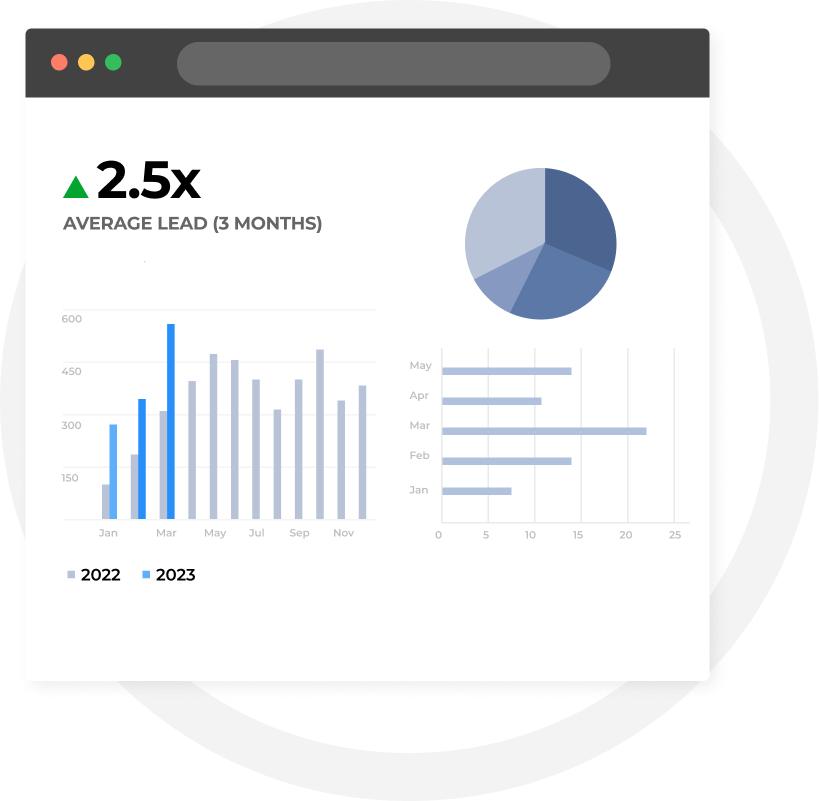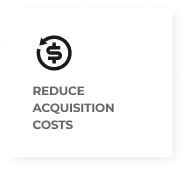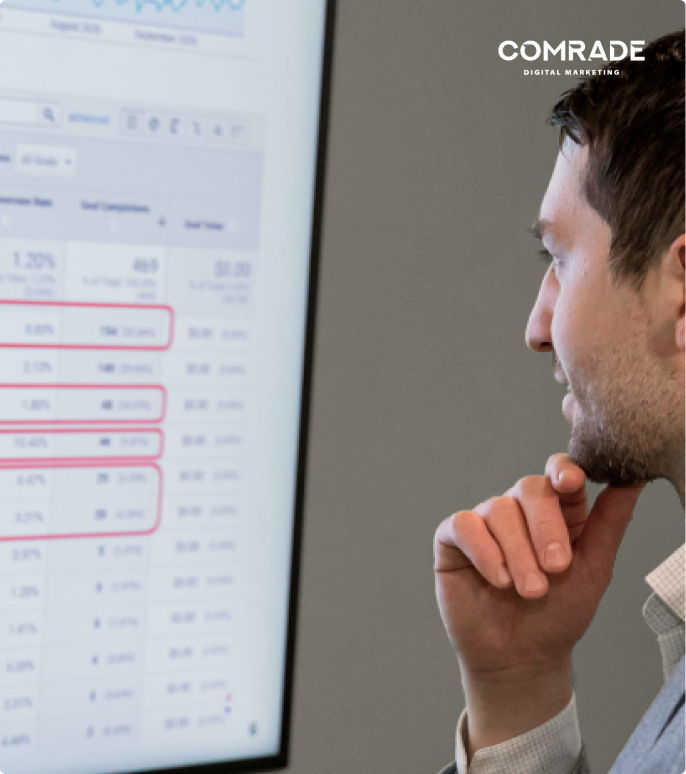How Our SEO Audit Services Work
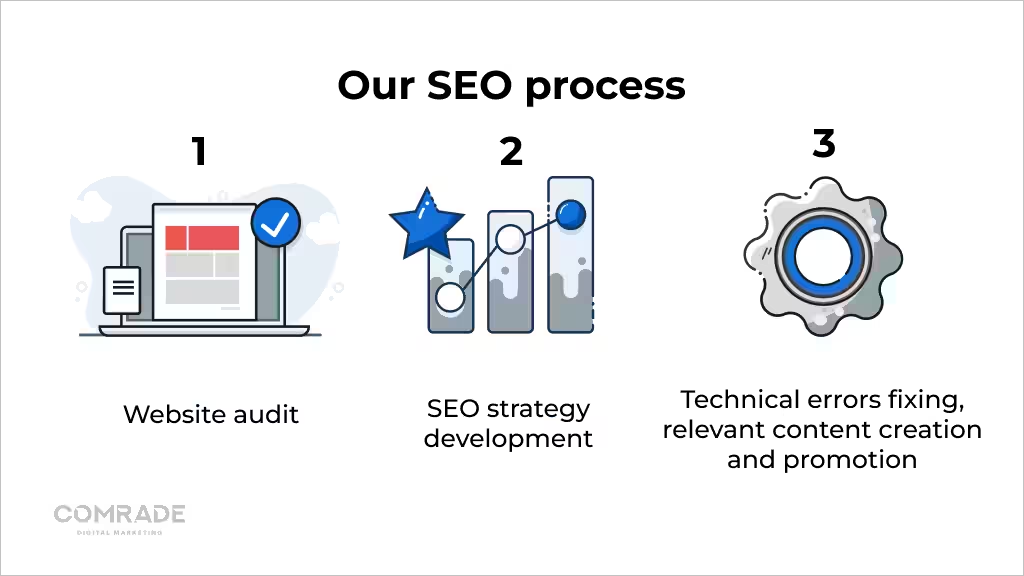
Our data-driven SEO audits provide a thorough evaluation of your website’s on-page, off-page, technical and local SEO status. The results offer a 360-view of where your website is right now and where it can improve its ability to rank in organic search.
Once we’ve performed a free 20-point performance audit, you’ll know which foundational SEO errors are affecting your search engine results and can opt to have an in-depth audit that pinpoints specific weaknesses within flagged areas.
Our comprehensive SEO audit services cover:
- On-page SEO (keyword relevance)
- Off-page SEO (link building strategy)
- Technical SEO
- Local SEO
- Content marketing
- Past SEO agency performance
Our SEO specialists look at page specific-elements like title tags, headings, content, reviews and internal links with keywords, as well as technical issues like hosting, site speed, XML sitemaps, and robot.txt file optimizations.
As part of your SEO site audit, you’ll receive a comprehensive SEO audit report and road map to develop an SEO strategy that improves your website’s search position and attracts organic traffic.
SEO Audit vs Competitive Analysis
An SEO audit is a full analysis of all the factors that impact a website’s visibility in search engines, whereas a competitive analysis is a strategy to identify competitors’ strengths and weaknesses in relation to your business.
Competitive analysis helps you learn how your competitors work and identify potential opportunities where you can out-perform them. It alerts you to industry trends and ensures you are meeting, and exceeding, industry standards.
Although SEO audits and competitive analyzes are inherently different, we do conduct competitive analyses during the SEO audit process to check link building campaigns and keyword rankings. This ensures the implementation of stronger SEO strategies that help businesses capture their share of the market.
How Long Do SEO Audit Services Take?
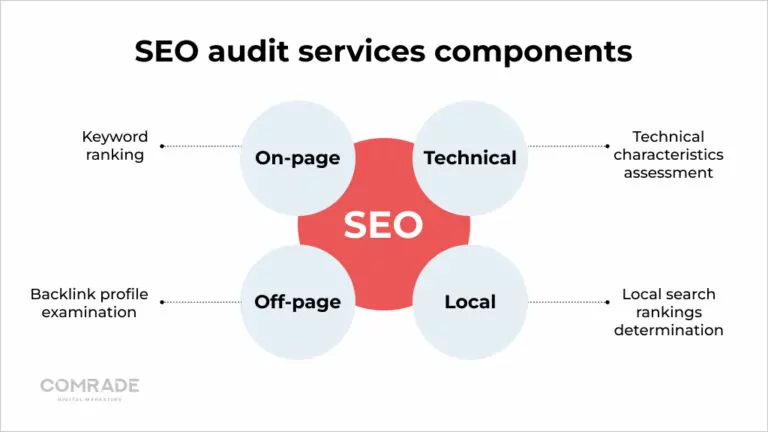
A full-scale SEO audit service can take anywhere from two to six weeks, depending on the scale of your website. During this time, our specialists analyze your entire SEO strategy to uncover search engine optimization opportunities that will enhance your website’s performance.
From relevant keywords to link quality and meta tags, our website SEO audit services include the following:
- On-page SEO audit: Looking at your keyword rankings, and whether you’re optimizing for the right ones in search engines.
- Off-page SEO audit: Examining your backlink profile to see which domains link to your website the most, as well as which pages earn the most links.
- Technical SEO audit: Assessing your website’s crawlability, URL structure, the number of redirects, blocked pages, and other technical characteristics that affect search engine crawl bots from finding your website.
- Local SEO audit: Determining the condition of your page in local search rankings and ways to further enhance local listings for improved conversions and revenue.
An SEO audit is a process of analyzing your website’s online presence to identify as many issues influencing organic search performance. It is the first step toward creating an SEO strategy with measurable results and favorable organic search rankings; however, it’s not a replacement for ongoing SEO services.
SEO is a long-term marketing strategy that delivers excellent results. Realistically, once we’ve completed a comprehensive audit and devised a robust SEO plan, it’ll take between three and four months for your customized SEO strategies to start working.
This is why so many successful businesses hire professional digital marketing agencies like us to implement, monitor and update their customized SEO strategies designed to maximize online visibility in search results.



